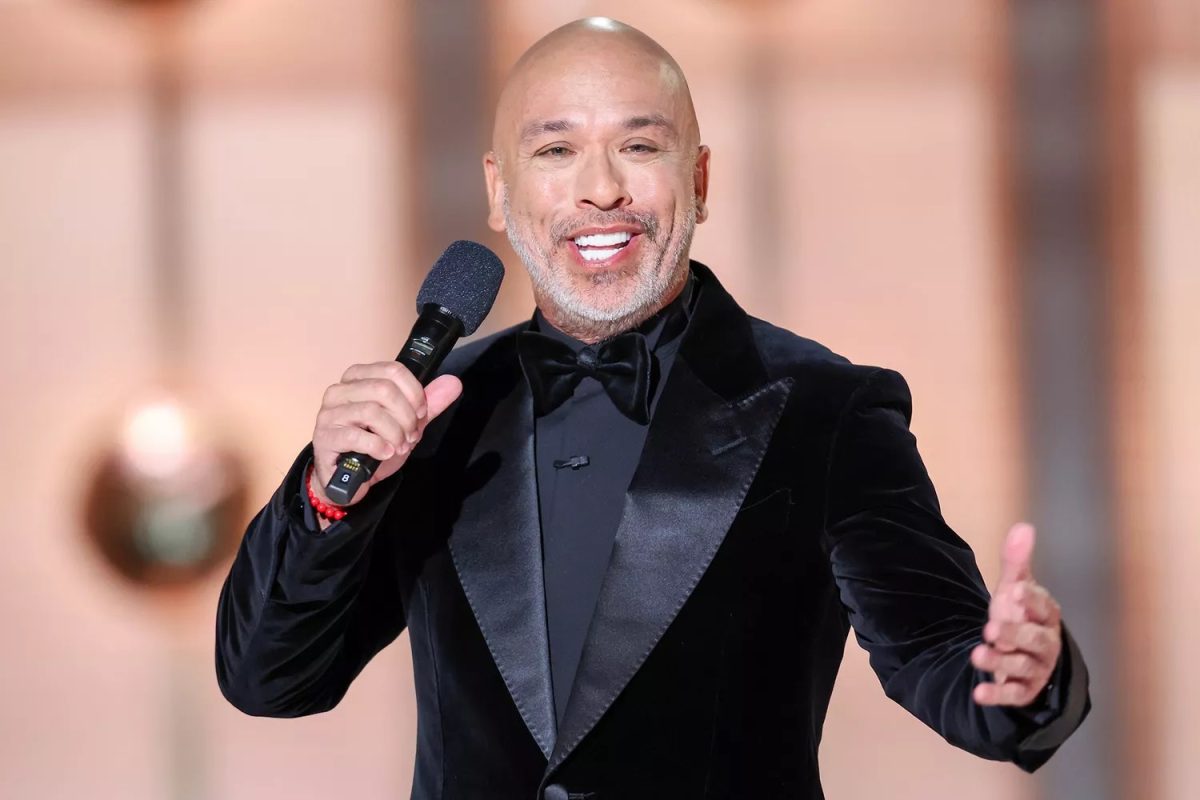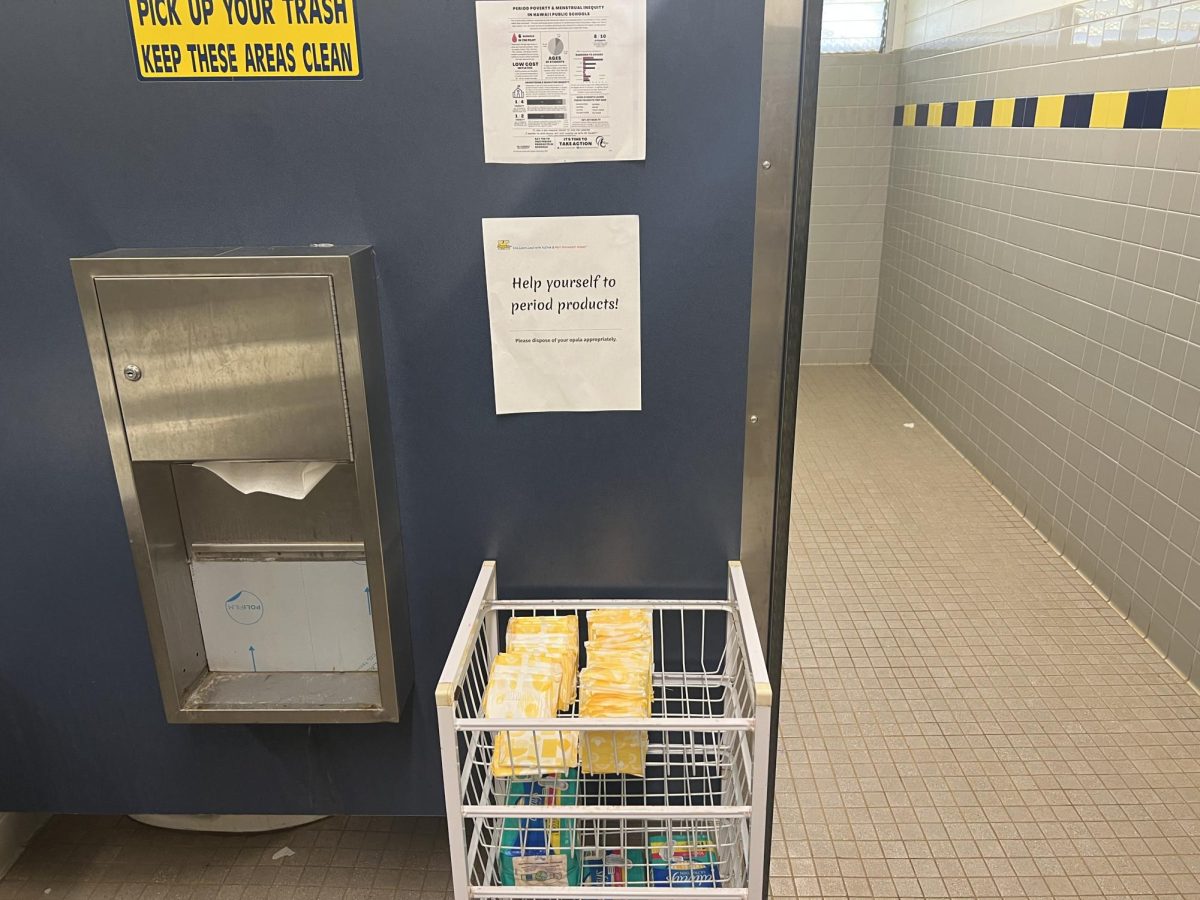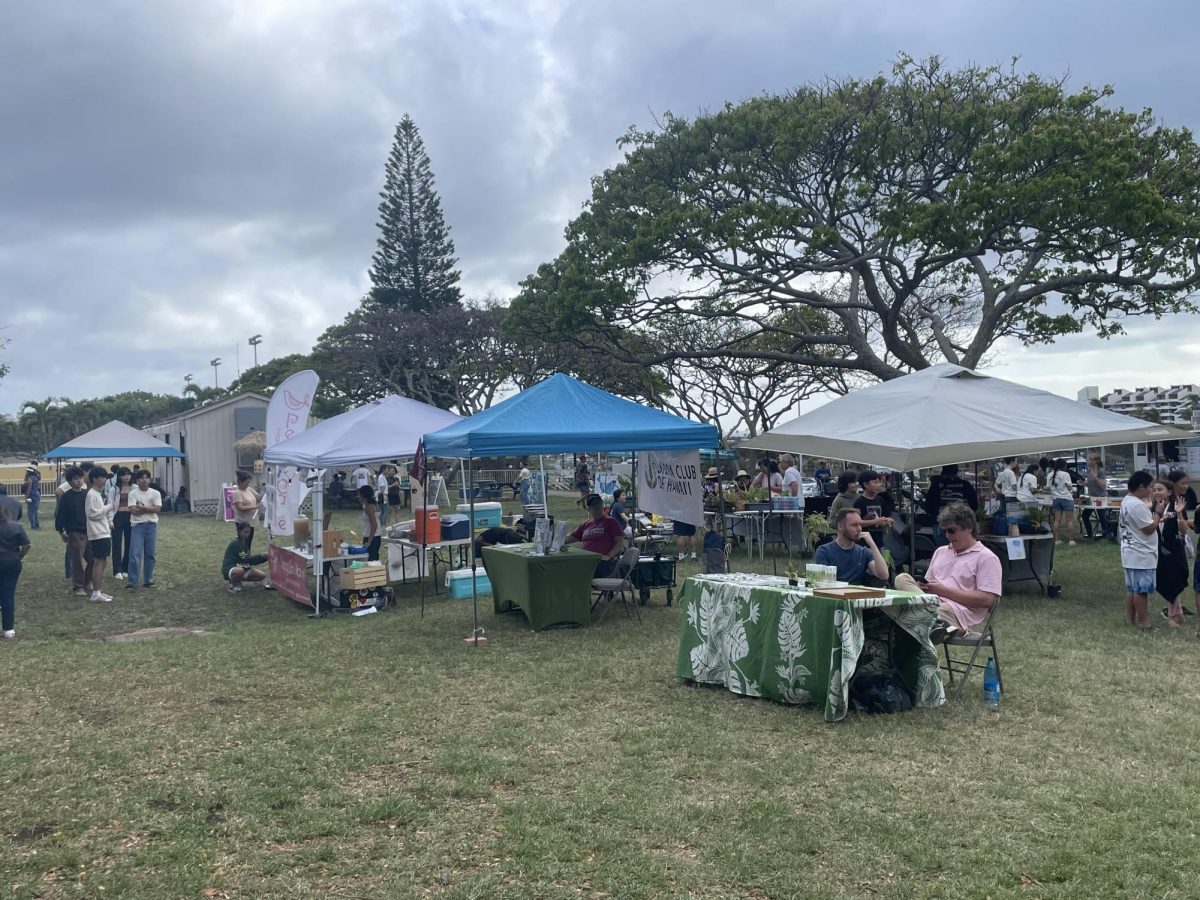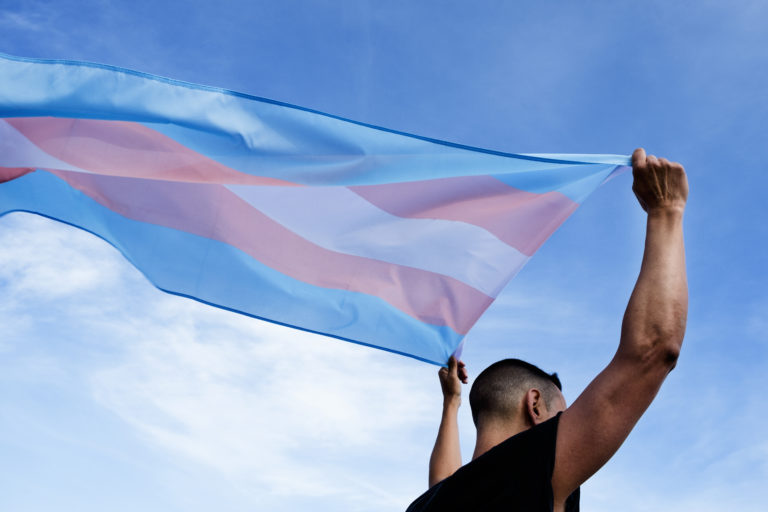Protection Or Prevention?: Anti-Trans Bills In Legislation
A young person holding a transgender pride flag.
May 22, 2023
Currently, American legislatures have hundreds of anti-trans bills in motion that restrict the rights and lives of transgender individuals.
Across all fifty states, many bills have been pushed that deny LGBTQ+ people access to their freedom and human rights. Some have already been passed, while others were defeated or are advancing.
According to the ACLU, or the American Civil Liberties Union, there are 451 different bills across the United States that are either advancing, were passed or defeated throughout legislation. These bills fall into six main categories: Healthcare, Public Accommodations, Free Speech and Expression, Schools and Education, Civil Rights, and Accurate Documents.
While the bills target all transgender people in America, many of them focus on gender-affirming care for trans youth. The major one, and one that has been subject
to much debate, is the banning of gender reassignment surgeries and hormone therapy for minors. In summary, these types of bills would ban testosterone for young trans boys, estrogen for young trans girls, puberty blockers, mastectomies, and other forms of medical transitioning. Bills like these are in legislation in states including Texas, Florida and Arkansas. Out of the hundreds of bills, the ones regarding medical transitioning have been the most prevalent.
Another type of law that is being pushed is the prohibition of biological sex changes on official documents, such as passports, IDs, and birth certificates. If these bills were to pass, trans people would be forced to have their legal documents display their assigned gender at birth, regardless of how far they are in their transition or their appearance. Alongside this is the refusal for preferred pronouns. For example, Kansas has an advancing bill that would prohibit a student from using preferred pronouns or names that differ from their biological sex and legal name. If this were to pass, students would be deadnamed and misgendered daily in class. Students wouldn’t have a choice in how they are perceived by others. For many, it goes beyond a personal identity and goes into their own safe wellbeing.
With this, many states have banned any mention or public showing of drag. The reasoning for this is that several of these states, including Texas, South Carolina, and Tennessee have labelled drag shows as “Adult cabaret”. Advanding bills push to ban any public performances or showing of drag or drag-related activities. In reference to the Constitution, this violates both freedom of speech and freedom of expression. While in some cases there are adult drag shows, they are labelled as such. In many of these cases, it is nothing more than people expressing themselves in bright and excessively decorated clothing that differs from normal fashion.
If other bills were to pass, many trans youth would have their rights, especially freedom of expression, taken away. One bill in Florida would prohibit trans kids from using preferred pronouns and names in classrooms, or the usage or their preferred bathroom in schools. Another in South Carolina would disallow document changes that correspond with a person’s gender identity. Though a small thing for most, for trans kids it is a major, if not the most important part of their identity. It allows them to present their true identity and live as free as any other person in the world.
Whether or not one agrees with medical transitioning for minors or not, the list of anti-trans bills goes beyond the ones mentioned. Regardless of someone’s viewpoint, any bill that restricts or limits the rights of any group of people is unconstitutional. In this case, these bills damage freedom of expression, bodily autonomy, and the healthcare for trans people due to their identity.
To prevent these bills from being passed, there are several things you can do. The first is to donate or share fundraisers that work to prevent the creation and advancement of these bills. The second is to sign petitions in your community. If none of these are possible, supporting trans people in your community is a great start.



























